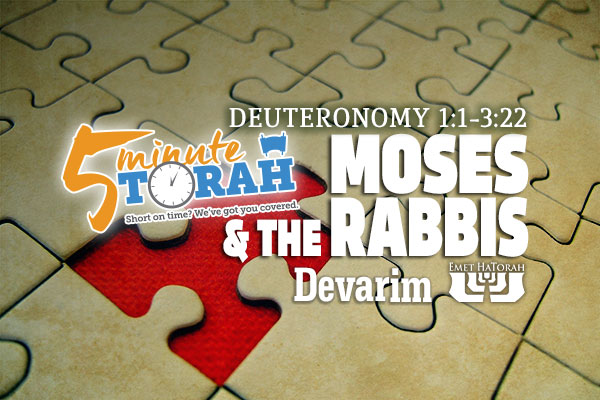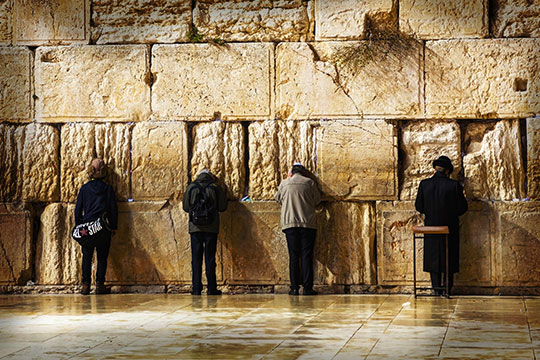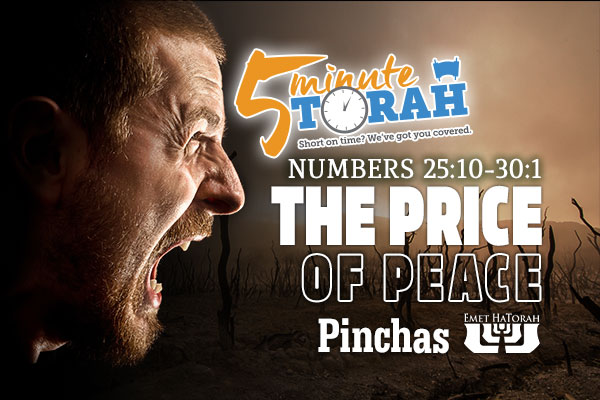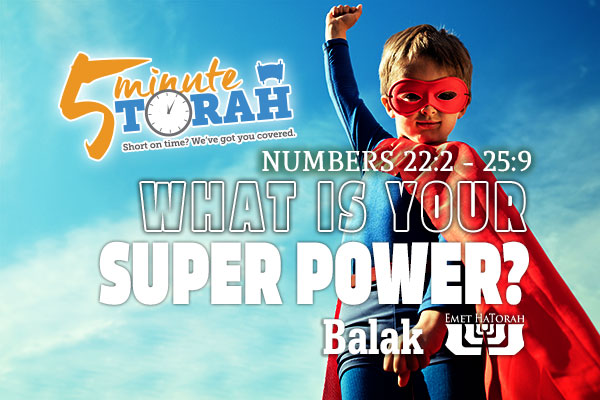No Religious Discounts
I don’t know about you, but I’m a bargain shopper. I love to find the discounts whenever I can. It can be a fun challenge and every penny we save with our large family adds up. But some people are much more serious bargain shoppers than I am. They don’t buy anything without a discount, and if they can’t find the discount they are looking for they will haggle with the merchant until they can get the item marked down to some degree or another. And while that level of tenacity can be appreciated in some ways when it comes to shopping, when we try to apply this instinct to religious practice it can actually work against us.














